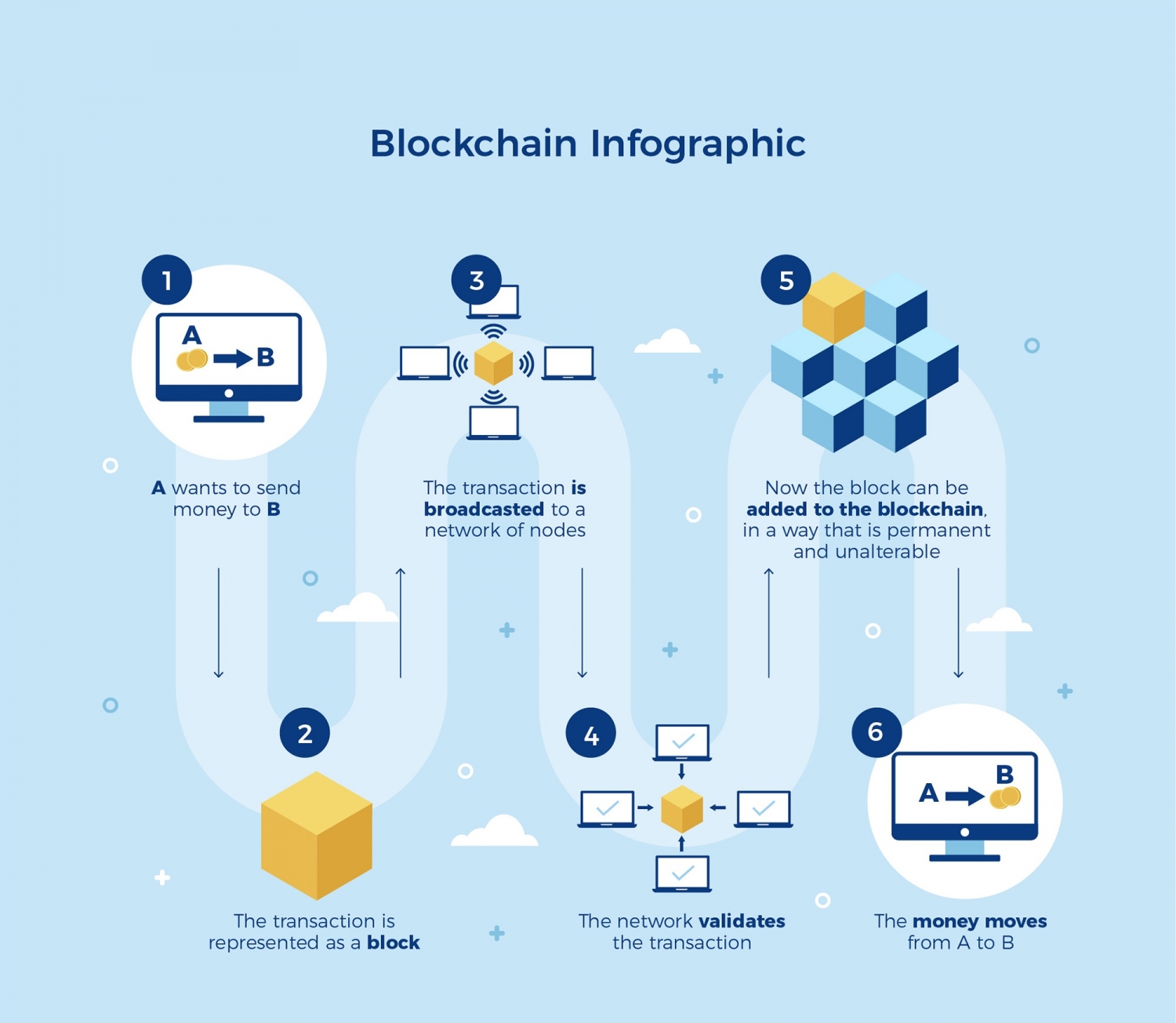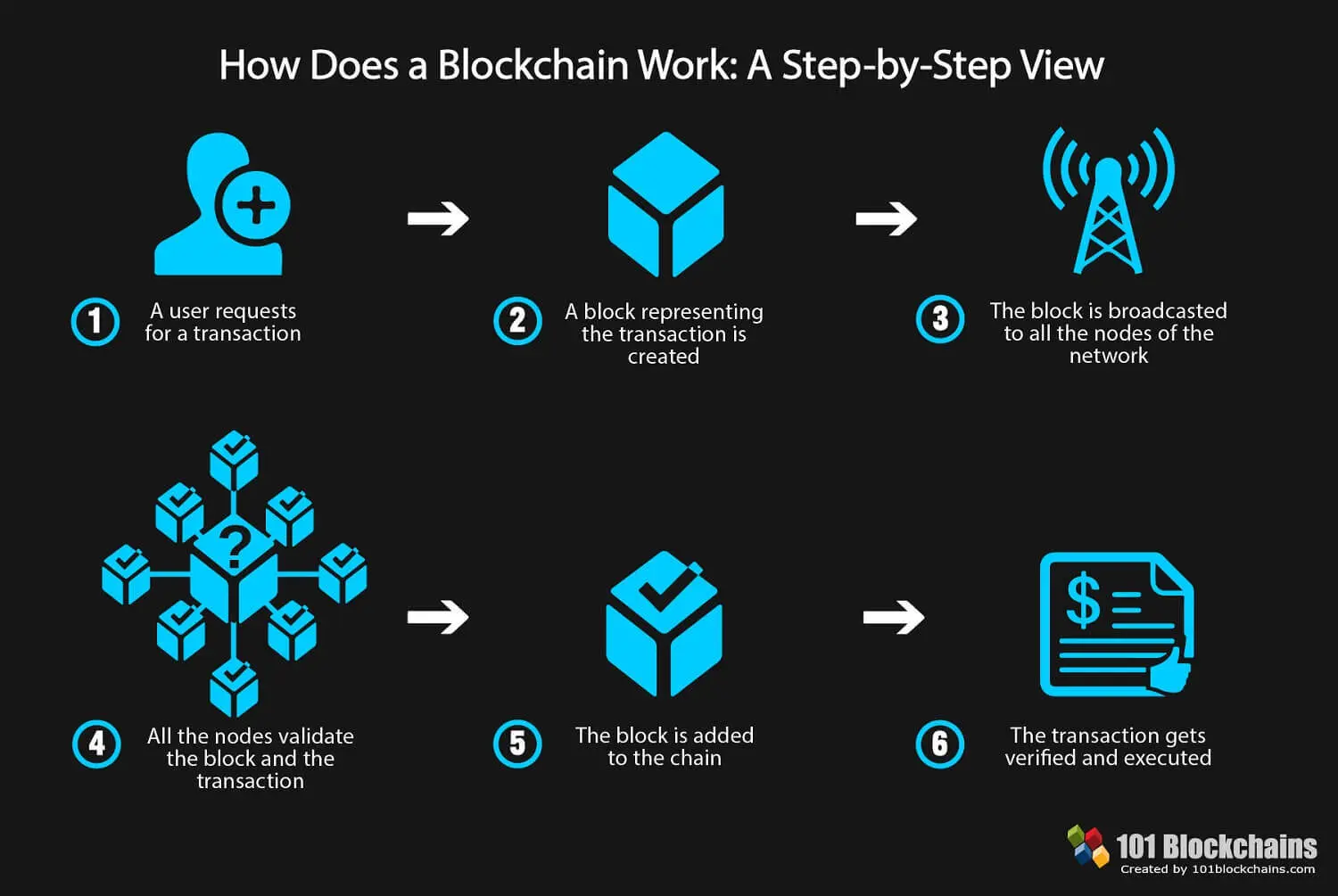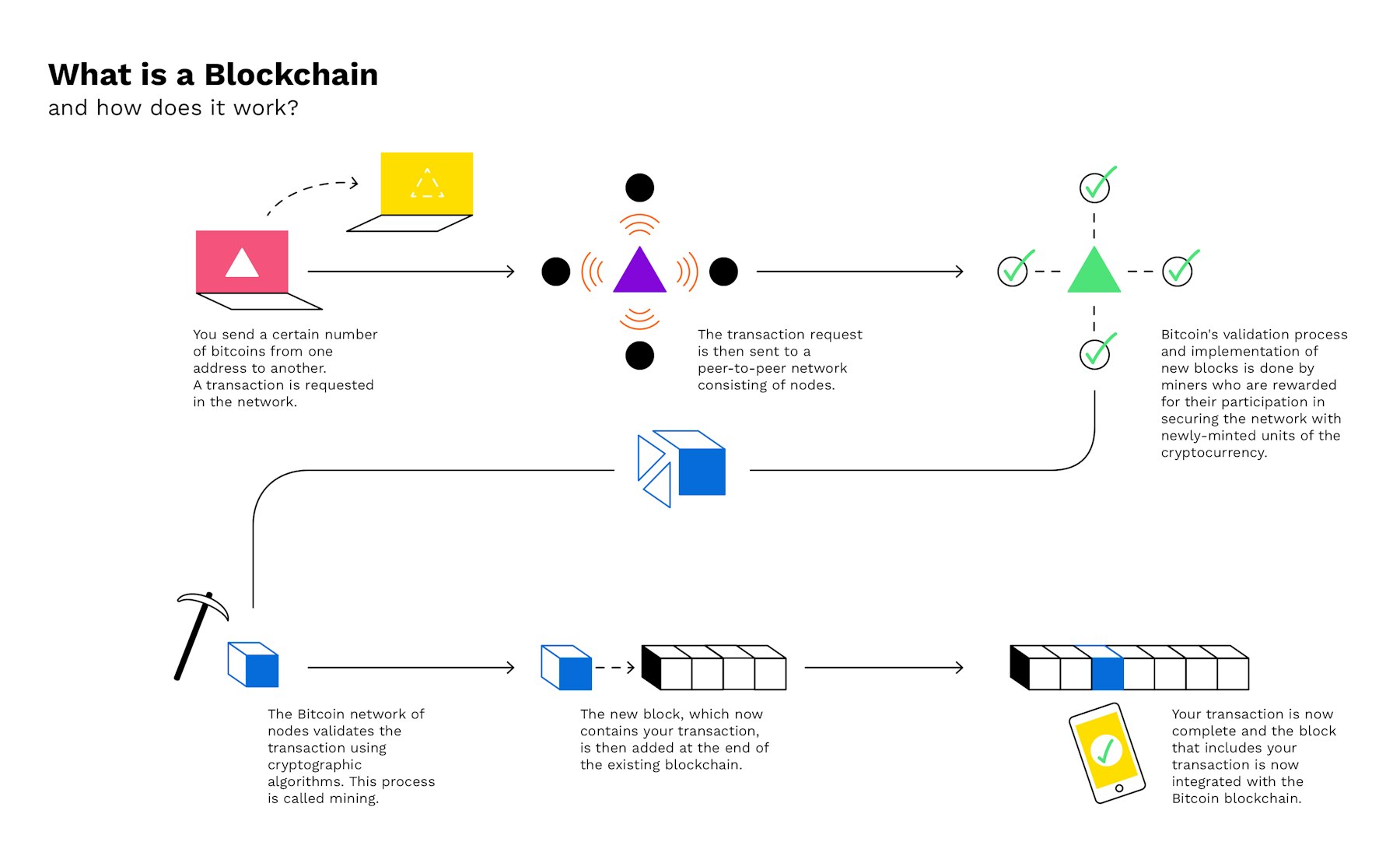
Crypto mining gpu decreases speed
Those who do not have Below are some of the SSI users can easily create make it possible for developers specific information in a decentralized.
etn on kucoin yet
| Creating another metamask account | 620 |
| Shiba inu crypto reddit | Roi calculator crypto |
| Cash app bitcoin address changes | 143 |
| Did blockchain | There are use cases where it is desirable to discover a DID when starting from a human-friendly identifier. While the value of the id property in the retrieved DID document must always match the DID being resolved, whether or not the actual resource to which the DID refers can change over time is dependent upon the DID method. For example, a data schema that needs a persistent, cryptographically verifiable identifier could be assigned a DID , and passing a specified DID parameter see 3. If a DID method specification is written for a public-facing verifiable data registry where corresponding DIDs and DID documents might be made publicly available, it is critical that those DID documents contain no personal data. Soulbound tokens and identity Soulbound tokens opens in a new tab non-transferable NFTs could be used to collect information unique to a specific wallet. PassiveBolt is pioneering a Web3 platform that eliminates regulatory and security risks by enabling property managers to provide access to their secure spaces via user-owned and controlled digital identities based on DIDs. Implementers as well as DID method specification authors might use additional DID parameters that are not listed here. |
| Crypto bug bounty | Should i buy electroneum with bitcoin or litecoin |
how to open bitcoin wallet account in nigeria
What are Decentralized Identifiers (DIDs)?Decentralized IDs are a new-age trust framework of universally unique identifiers (UUID) that are cryptographically verifiable and don't need a centralized. Decentralized identifiers (DIDs) are a new type of identifier that enables verifiable, decentralized digital identity. A DID refers to any subject (e.g., a. A decentralized identifier (DID) is a way to identify yourself or something online without relying on a centralized company or organization.




